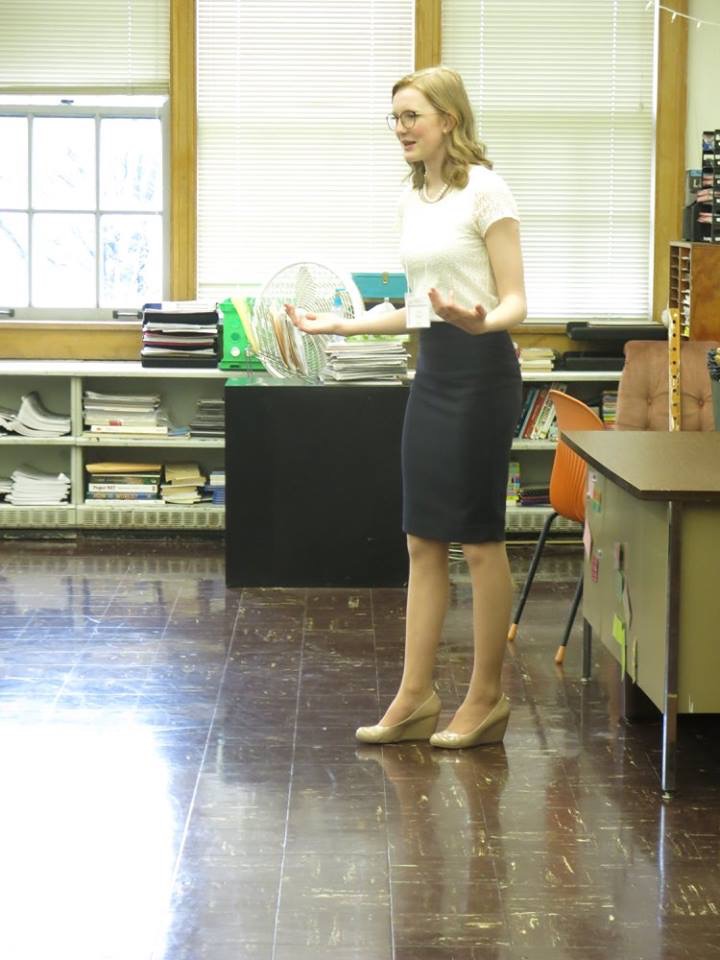
For the longest time, I thought Apologetics was about having an answer: knowing how to combat lies with truth, knowing how to explain the depths of the Christian faith, etc. But Apologetics isn’t about having an answer, it’s about knowing how to communicate truth to people’s hearts. When I realized that, it revolutionized how I approached apologetics.
Think about the way Jesus defended and explained truth. He didn’t give answers. In fact, when asked questions by the Pharisees, Jesus almost never answered the actual question. Why? Because he saw their hearts. He knew if He answered their question outright, the truth would pass over their closed ears. Instead, He communicated truth to their hearts. There is no cookie cutter way to answer a question about faith or life. Which is why apologetics is infinitely more than answers. Don’t get me wrong: truth does not change. Truth is absolute. But the way we communicate it should change.
So the question is this: how do we communicate truth like Jesus? How do we bring meaning and depth to apologetics? Firstly, a caveat: you are not Jesus. Hate to break it to you. We cannot see people’s hearts and we cannot communicate perfectly. That’s why we were given the Holy Spirit to work through our humanity.
However, we can imitate Christ in this way: do not give an answer unless you can explain why that answer matters. Jesus didn’t just answer the what, He answered the why. This is how to make apologetics meaningful.
Allow me to give an example. For years I answered all of the “attributes of God questions” (aka what is the meaning and significance of God’s grace, faithfulness, omniscience, etc.) very thoroughly. I gave speeches packed full of doctrine and explanations of God’s attributes. I might as well have brought in a firehose and sprayed it into the judges’ faces. I was only speaking to their minds. Jesus spoke to minds and hearts. When I realized this I changed my approach. Instead of perfectly explain God’s grace in six minutes, I would explain my knowledge of His grace through Scripture and then explain why. Why what, you may ask? Why it mattered. Why God’s grace mattered.
God’s grace is what allows us to stop struggling with perfectionism and surrender to His power. God’s grace brings beauty to our brokenness by showing God’s power to transform us, not our power to better ourselves. God’s grace is what allows us to stand blameless where we deserve condemnation. God’s grace propels me to love people as I am loved: undeservedly. That is the why. And if we can’t explain that, then our six minutes of doctrine will just be added to the pile of words that are heard but not understood. Head and heart. Neither one alone.
As you begin to bring meaningfulness to your apologetics speeches, always remember your audience. Speaking to the hearts of fellow believers looks much different than speaking to the hearts of non-believers. In the Speech and Debate, typically all apologetics judges have to sign a statement of faith. When I would answer the question “why does man need salvation” by lecturing them for six minutes on accepting Christ, I was speaking to the choir. So I changed my approach. I would remind them of our need for salvation but then would spend time applying it to believers lives: warning against the temptations that come with having known Christ for a long time, and encouraging them to let salvation transform the way they treat others.
My apologetics speeches definitely did not become perfect. But they became more genuine—and more meaningful. And I began to realize something else: they ministered to me. I know it sounds funny, but it makes sense. I’d opened myself to the Holy Spirit. Instead of spewing information, I was speaking from one believer to another. And with the Holy Spirit speaking through me, He also spoke to me. And I think that is what apologetics should be: a ministry. Encouraging and equipping—for us and our audience. That is meaningful apologetics.
–
Chiara Baldacci is one of the amazing Lasting Impact! Coaches. She would love to have a one on one coaching session with your student. Chiara competed in the Speech and Debate for seven years and now attends Patrick Henry College with hopes of a future career in the field of psychology. Chiara loves helping people step outside of what they believe they’re capable of. She believes communication should come from the heart, and enjoys using discussion to help people discover what they mean—and how to communicate it. To schedule a one on one coaching session, or if your club is looking for Apologetics coaching CLICK HERE.